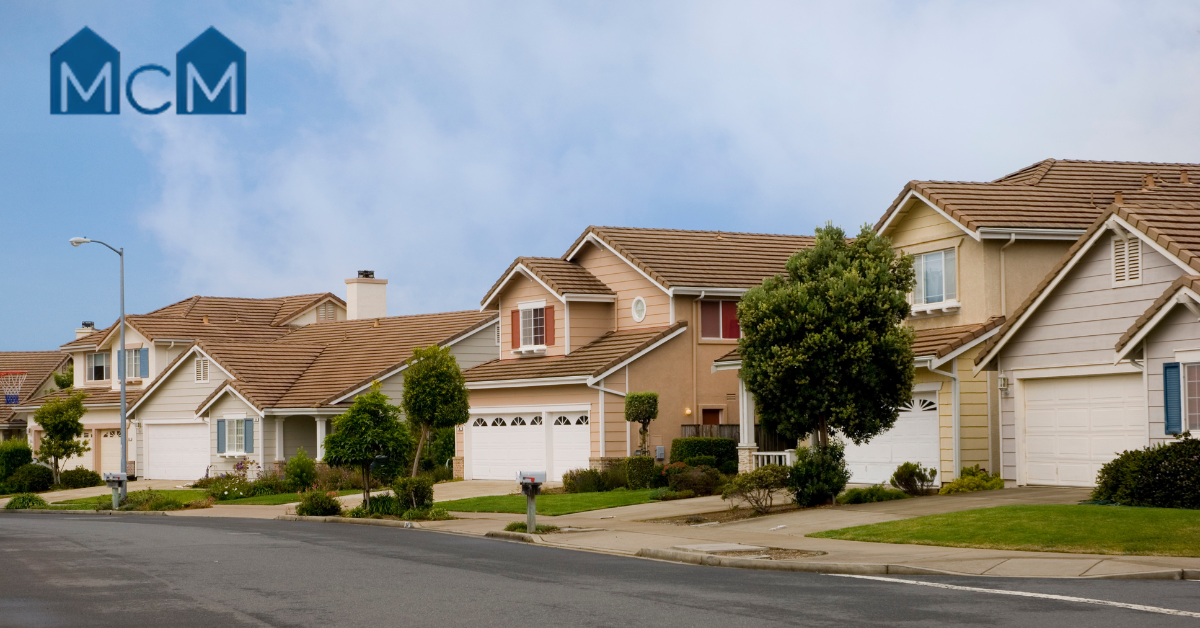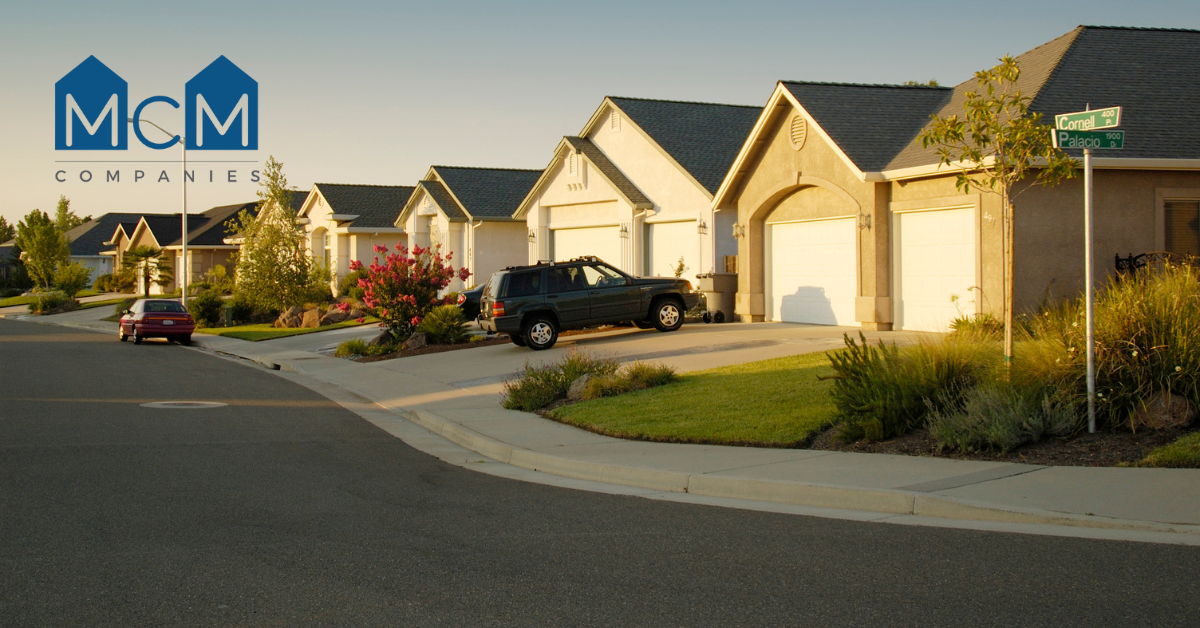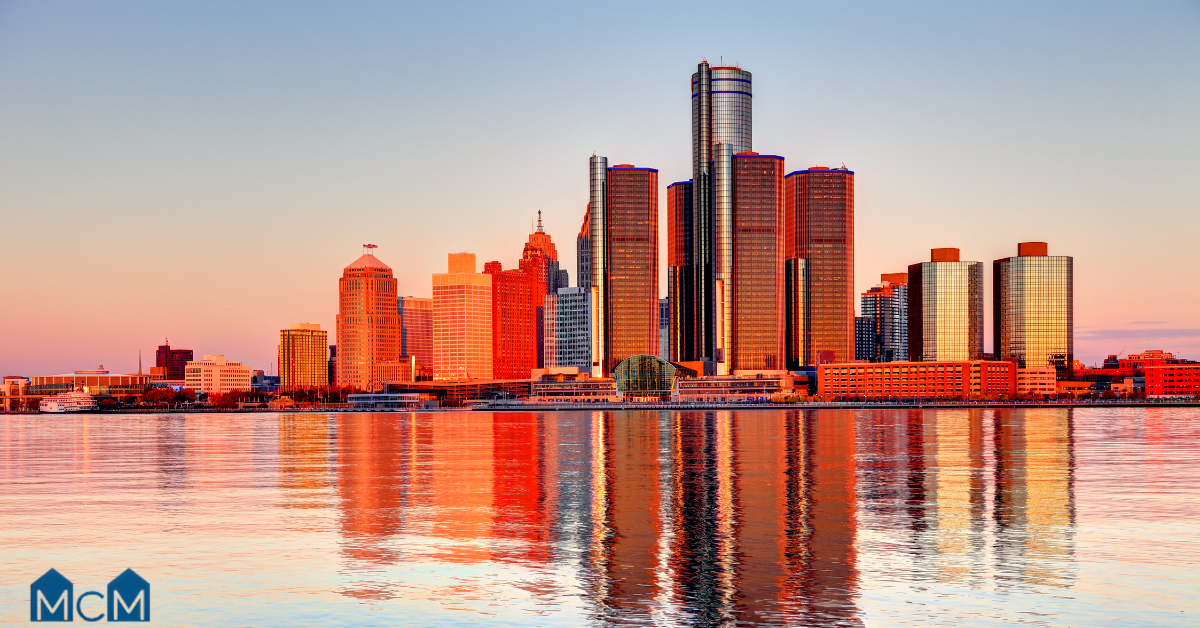The Pros and Cons of Modular Homes: Is Prefab Right for You?


Understanding Modular Homes
Modular homes, often referred to as prefab homes, are gaining popularity as a cost-effective and efficient alternative to traditional stick-built homes. But what exactly are modular homes?
These structures are built in sections or modules in a factory setting. The controlled environment of a factory allows for precise construction that is free from the delays often associated with traditional home building, such as bad weather. Once these modules are complete, they are shipped to the building site, where they’re assembled and secured onto a permanent foundation.
Pros of Modular Homes
- Cost-Effectiveness
One significant advantage of modular homes is their cost-effectiveness. Because most construction occurs in a factory, manufacturers can streamline processes and reduce waste, leading to a lower cost per square foot compared to traditional construction methods. Additionally, the shorter construction time reduces overall labor costs, making modular homes an appealing option for budget-conscious home buyers.
- Speed of Construction
Another significant advantage of modular homes is their rapid construction timeline. A modular home can be fabricated in the factory in weeks and assembled on-site in just a few days. This rapid timeline is particularly advantageous for those needing to move into their new home quickly or working within a tight deadline.
- Quality Control
In traditional construction, varying weather conditions and multiple subcontractors can affect the consistency and quality of the build. Modular homes benefit from the controlled environment of a factory that maintains consistent quality. Each module is constructed to meet strict standards, and inspections are conducted at each stage of the process, ensuring the finished product is built to last.
- Energy Efficiency
Modular homes are often more energy-efficient than their traditional counterparts. The factory setting allows for better insulation to be fitted, and tighter construction reduces air infiltration, which can significantly lower heating and cooling costs. Many modular homes come equipped with energy-efficient windows, appliances, and other green features that enhance sustainability and reduce the homeowner's carbon footprint.
Cons of Modular Homes
- Design Limitations
While modular homes offer many customization options, they still face certain design limitations. Due to the nature of manufacturing and transporting the modules, designs must conform to specific sizes and shapes that can be challenging to transport. This can limit the complexity of designs and may not fully cater to every homeowner's unique aesthetic or functional desires.
- Land and Zoning Challenges
Potential modular home buyers should be aware of the land and zoning challenges that can arise. Finding a suitable plot of land for modular construction can be tricky, as some areas have strict zoning laws that may not accommodate prefab structures. Additionally, the logistics of transporting large modules to the site often require special permits and clearances, adding complexity and potential delays to the home-building process.
- Financing Hurdles
Financing a modular home can also present challenges. Some lenders are still warming up to the idea of financing prefab homes and may offer higher interest rates or require a larger down payment than for traditional homes. It's essential to shop around and speak with several financial institutions to find favorable terms that acknowledge the value and viability of modular construction.
- Perception and Resale Value
The perception of modular homes can influence their resale value. Despite their quality and durability, some buyers may perceive them as lower quality than traditional homes, affecting resale prices. Homeowners need to consider the potential marketability of their modular home should they decide to sell in the future.
Factors to Consider Before Choosing a Modular Home
- Assessing Your Needs
Before deciding on a modular home, it's crucial to assess your needs and lifestyle. Consider how much space you require, your design preferences, and how your lifestyle might influence the type of home you should buy. For example, if you work from home, you might need additional space for an office, or if you have a large family, more bedrooms and bathrooms will be necessary.
- Checking Local Regulations
Understanding local building codes and zoning regulations is vital before purchasing a modular home. Each municipality can have different requirements regarding modular constructions, including foundation specifications, utility hookups, and overall design. Ensuring your modular home meets these regulations not only facilitates a smoother installation process but also provides long-term compliance and safety.
- Long-Term Planning
Think about your future needs. Modular homes are somewhat flexible in that additional modules can be added later, but this requires planning. Consider whether you might need more space for a growing family or if downsizing could be in your future. Planning for the long term can help you choose a modular home that will serve you well for many years.
Who Should Consider a Modular Home?
Modular homes are an excellent choice for various types of buyers, including:
- First-Time Homebuyers: Those entering the housing market may find modular homes an affordable and flexible option that allows them to become homeowners more quickly and economically than traditional homes might allow.
- Downsizers: Individuals looking to reduce their living space and simplify their lifestyle can benefit from modular homes' efficient and customizable nature.
- Eco-Conscious Buyers: For those prioritizing sustainability, the energy efficiency and reduced waste of modular construction are particularly appealing.
- Investors: Given the lower cost and faster build time, investors looking to quickly expand their rental or sale portfolio might find modular homes an attractive option.
Final Thoughts
Modular homes offer a unique blend of affordability, efficiency, and customization that can meet the needs of a wide range of homeowners. By weighing the pros and cons and considering your own lifestyle needs, you can determine if a modular home is the right choice for you. As the housing market evolves, modular homes continue to offer an innovative solution for many looking to enter the housing market or change their living arrangements.
Navigating the pros and cons of modular homes doesn't have to be daunting. MCM Communities can be your trusted partner in this journey, helping you manage any challenges smoothly and ensuring you find the perfect match for your needs.
Interested in exploring your options with modular homes? Contact MCM Communities today to learn how we can assist you in making the right decision for your future home.
.svg)





